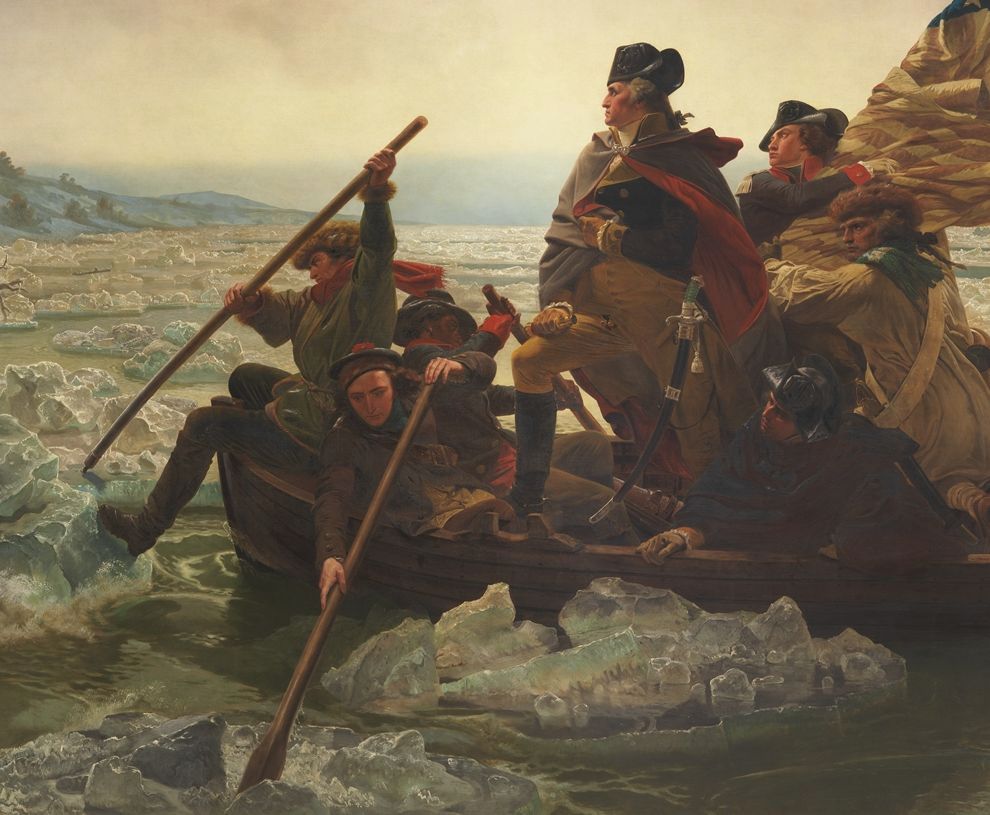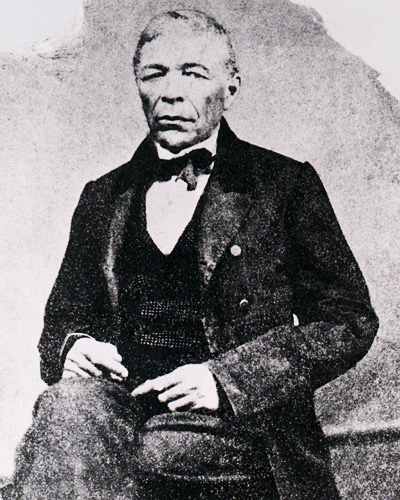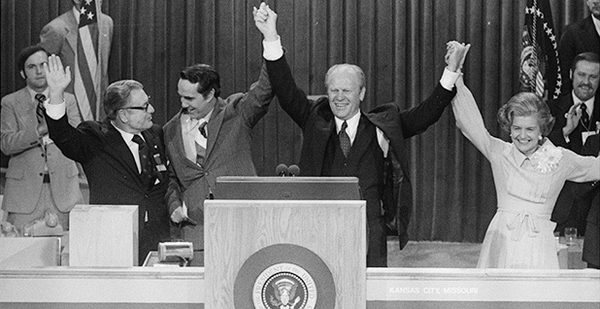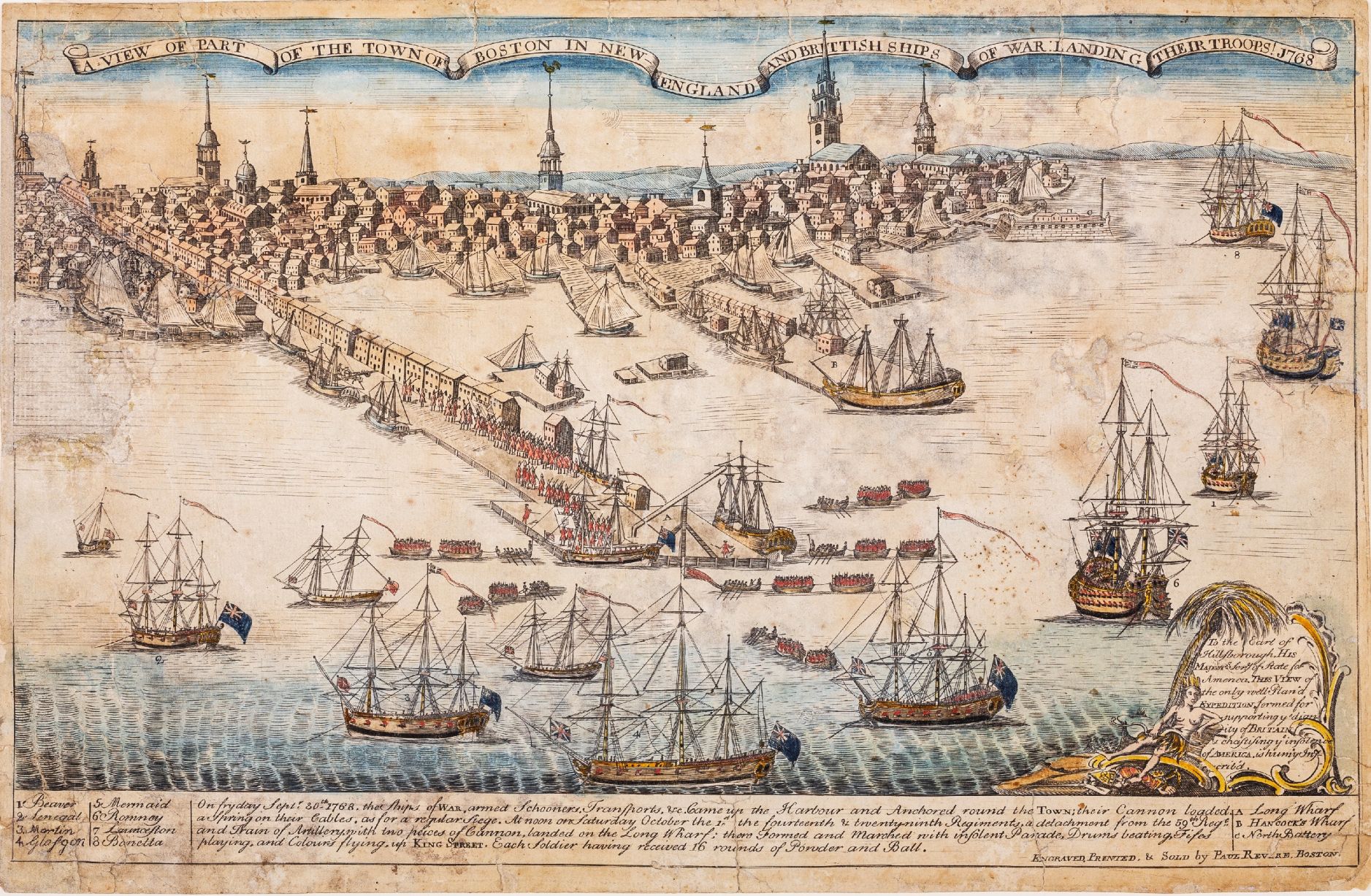Editor’s Note: Nancy L. Schultz is a retired professor and chair of the Swampscott Historical Commission, which is working with other local partners to save the General John Glover Farmhouse. For more information, see SavetheGlover.org.

Editor’s Note: Nancy L. Schultz is a retired professor and chair of the Swampscott Historical Commission, which is working with other local partners to save the General John Glover Farmhouse. For more information, see SavetheGlover.org.

Editor’s Note: The author of 13 books, Patrick K. O’Donnell is one of our leading military historians. His fascinating book about the crucial role that John Glover and the Marblehead men played in the Revolution, The Indispensables: The Diverse Soldier-Mariners Who Shaped the Country, Formed the Navy, and Rowed Washington Across the Delaware, reads like David McCullough’s 1776 and Stephen Ambrose’s Band of Brothers. We are delighted to publish this essay adapted from the book.

Editor's Note: Michael Wolraich is a journalist and author based in New York City. The following was adapted and condensed from his recent book, The Bishop and the Butterfly: Murder, Politics, and the End of the Jazz Age.

Editor’s Note: Steve Inskeep is the host of NPR's Morning Edition. His previous essay in America Heritage was “The Frémonts Open the West” in the Winter 2020 issue. He has recently published Differ We Must: How Lincoln Succeeded in a Divided America, from which this essay was adapted.

Editor’s Note: Jack Farrell’s biography of Richard Nixon was a finalist for the Pulitzer Prize. Before writing five highly regarded biographies, Mr. Farrell covered every presidential campaign from 1976 through 2012 as a reporter for the Denver Post and Boston Globe.
Editor’s Note: After a distinguished career as a journalist, television commentator, and president and editor-in-chief of Congressional Quarterly, Robert Merry turned to writing history. He has authored five books, including most recently Decade of Disunion: How Massachusetts and South Carolina Led the Way to Civil War, 1849-1861.
On a June day in 1630, a great English ship called the Arbella completed a two-month journey across the Atlantic Ocean and entered Massachusetts Bay with a contingent of English families and all their worldly possessions. It transported also the farm animals and equipment needed to carve a slice of the New World wilderness into a fledgling society. Thus began a harrowing adventure that would be a milestone in the history of Anglo-Saxon America.
